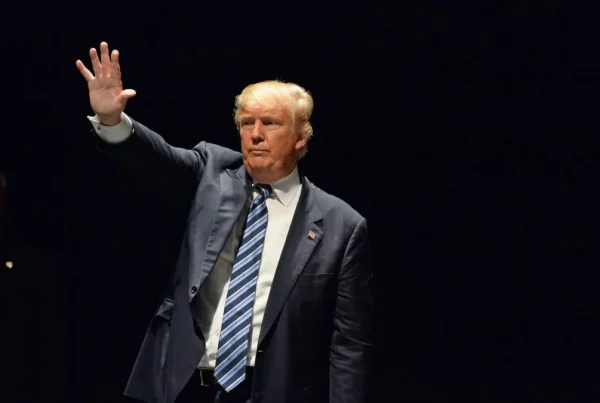The new algorithmic currency system aims to provide a more “stable, efficient and scalable” asset than common coins like Bitcoin.
Singapore’s government-owned investment firm Temasek continues investing in cryptocurrency projects even after losing hundreds of millions of dollars to the collapsed FTX crypto exchange.
Temasek has invested $10 million in Array, the developer of an algorithmic currency system based on smart contracts and artificial intelligence.
Announcing the news on May 1, Array said that the raise is its second funding round, which is believed to bring the firm’s valuation to more than $100 million.
The new Temasek-backed algorithmic currency system aims to provide a more “stable, efficient and scalable” asset than traditional cryptocurrencies like Bitcoin.
The system is expected to have a variety of use cases, including payments, remittances as well as investments.
Array’s smart contract platform, ArrayFi, is designed to enable decentralized applications built on top of its network and driven by its proprietary AI algorithm ArrayGo. Based on the bonding curve smart contract, ArrayGo operates independently without any human or institutional control and is triggered solely by market actions, the firm said.
“In order to ensure the value of the token remains stable and predictable for investors and traders indefinitely, a traditional bonding curve is implemented manually,” the Array team noted in a Medium blog post. The bonding curve is implemented into a smart contract that governs the issuance and trading of the native token Ara (ARA).
According to Array’s first Twitter Space conducted in February, the company’s bonding curve mathematics aims to ensure that Array users are protected against “pump-and-dump” schemes.
Temasek’s investment in Array comes several months after the Singapore government openly admitted that the company suffered reputational damage due to investing in the collapsed crypto exchange FTX. In November 2022, Singaporean Deputy Prime Minister Lawrence Wong argued that Temasek suffered a lot more than just financial losses due to investing in FTX.
Temasek, which is fully owned by the Ministry of Finance but operates independently, was forced to write down its entire $275-million FTX investment. The amount accounted for just 0.09% of Temasek’s $403 billion portfolio as of March 2022.
In April, Temasek also participated in a $10-million Series A round for the United States-based impact-verification and intelligence firm BlueMark.






